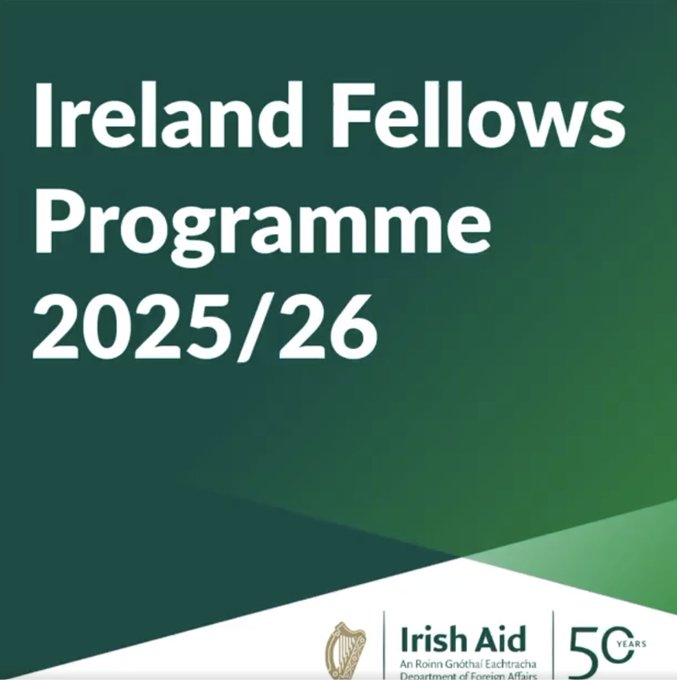
2019 New Zealand Government Scholarships for International students
Deadline: March 28, 2019.
New Zealand offers scholarships to eligible citizens from developing countries to study abroad at a New Zealand education institution or university or at a Pacific university.
TYPES OF SCHOLARSHIP
- New Zealand Scholarships for undergraduate and postgraduate study
These are full tertiary scholarships for eligible international students to study fulltime at a New Zealand education institution or a Pacific university. - New Zealand Short Term Training Scholarships for Pacific and Timor-Leste citizens
These are short scholarships for skills training and on-the-job work experience for workers from eligible Pacific countries and from Timor-Leste. - New Zealand Short Term Scholarships for citizens of Southeast Asia and Timor-Leste
These are short scholarships for skills training for workers from eligible Southeast Asian countries and from Timor-Leste. - New Zealand English Language Training for Officials Scholarships (NZELTO)
These are short scholarships for government officials from eligible African and Asian countries to come to New Zealand for English language training.
ELIGIBILITY
1. PACIFIC COUNTRIES
Citizens from eligible countries in the Pacific have two full scholarship options. You can choose to study in New Zealand or at a Pacific university
Option 1: Scholarships to study in New Zealand
Eligible Pacific countries:
Federated States of Micronesia, Fiji*, Kiribati, Marshall Islands, Nauru, Niue, Palau, Papua New Guinea, Samoa, Solomon Islands, Tonga, Tuvalu, Vanuatu
Note: Tokelau scholars are currently only eligible to apply for Short Term Training Scholarships
Levels of study available:
You can study these undergraduate and postgraduate qualifications at one of nine New Zealand universities or education institutions:
- Undergraduate Degree (3-4 years)
- Postgraduate Certificate (6 months)
- Postgraduate Diploma (1 year)
- Master’s Degree (1-2 years)
- PhD (3.5 years)
*Note: Fijian scholars can only study at postgraduate level with the exception of a Bachelor of Veterinary Technology.
Option 2: Scholarships to study at a Pacific university
Eligible Pacific countries:
Kiribati, Niue, Samoa, Solomon Islands, Tonga, Tuvalu, Vanuatu.
Levels of study available:
You can study these qualifications at one of four universities in Fiji, Papua New Guinea or Vanuatu:
- Undergraduate Degree (3-4 years)
- Postgraduate Certificate (6 months)
- Postgraduate Diploma (1 year)
- Master’s Degree (1-2 years)
- PhD (3.5 years)
2. ASIAN COUNTRIES
New Zealand Scholarships are available to citizens of these countries in Asia:
Eligible Asian countries:
Cambodia, Indonesia, Jordan, Lao PDR, Malaysia, Mongolia, Myanmar, Nepal, Philippines, Thailand, Timor-Leste, Viet Nam
Levels of study available:
You can study these qualifications at one of nine New Zealand universities and education institutions:
- Postgraduate Certificate (6 months)
- Postgraduate Diploma (1 year)
- Master’s Degree (1-2 years)
- PhD (up to 3.5 years)
- Undergraduate Degree (Timor-Leste only).
3. AFRICAN COUNTRIES
New Zealand Scholarships are available to citizens of these countries in Africa:
Eligible African countries:
Algeria, Angola, Botswana, Djibouti, Egypt, Ethiopia, Ghana, Kenya, Lesotho, Malawi, Mauritius, Morocco, Mozambique, Namibia, Nigeria, Rwanda, Senegal, South Africa, Swaziland, Tanzania, Tunisia, Uganda, Zambia, Zimbabwe
Levels of study available:
You can study these postgraduate qualifications at one of nine New Zealand universities and education institutions:
- Postgraduate Certificate (6 months)
- Postgraduate Diploma (1 year)
- Master’s Degree (1-2 years)
- PhD (up to 3.5 years)
4. CARIBBEAN COUNTRIES
New Zealand Scholarships are available to citizens of these countries in the Caribbean:
Eligible Caribbean countries:
Antigua and Barbuda, Bahamas, Barbados, Belize, Dominica, Dominican Republic, Grenada, Guyana, Haiti, Jamaica, St Kitts and Nevis, St Lucia, St Vincent and the Grenadines, Suriname, Trinidad and Tobago
Levels of study available:
You can study these postgraduate qualifications at one of nine New Zealand universities and education institutions:
- Postgraduate Certificate (6 months)
- Postgraduate Diploma (1 year)
- Master’s Degree (1-2 years)
- PhD (up to 3.5 years)
5. LATIN AMERICAN COUNTRIES
New Zealand Scholarships are available to citizens of these countries in Latin America or South America:
Eligible Latin American countries:
Argentina, Bolivia, Brazil, Colombia, Costa Rica, Cuba, Ecuador, El Salvador, Guatemala, Honduras, Mexico, Nicaragua, Panama, Paraguay, Peru, Venezuela
Levels of study available:
You can study these postgraduate qualifications at one of nine New Zealand universities and education institutions:
- Postgraduate Certificate (6 months)
- Postgraduate Diploma (1 year)
- Master’s Degree (1-2 years)
- PhD (up to 3.5 years)
SCHOLARSHIP
With a full New Zealand Scholarship, scholars receive:
- full tuition fees
- living allowance (a stipend) of NZ$491 per week. This will help with a scholar’s basic living expenses, but it is not enough to cover the living costs of any family members.
- an establishment allowance of NZ$3000. This is to help with set-up costs in New Zealand. For example, you can use it for accommodation expenses, text books, or other study materials.
- medical insurance when you are in New Zealand
- travel to and from your own country. This is for travel from your own country at the start of the scholarship, and for return travel at the end of your scholarship.
- travel insurance
- travel home during your scholarship (We allow for one or two trips home, depending on the length of your scholarship.)
- help with research and thesis costs for many postgraduate students.
SELECTION CRITERIA
They use these guidelines to select applicants with very good character, ethics and abilities.
In general, they want scholars with these attributes:
- They have a strong academic ability.
- They show commitment to the social and economic development of their country.
- They are 39 years or younger when the scholarship starts.
- They choose courses that align with our recommended subjects.
- They want to encourage positive relations with New Zealand now and in the future.
They also aim for a balanced mix of women and men scholars.
OFFICIAL LINK



